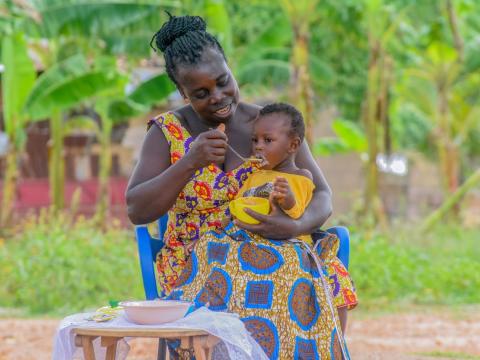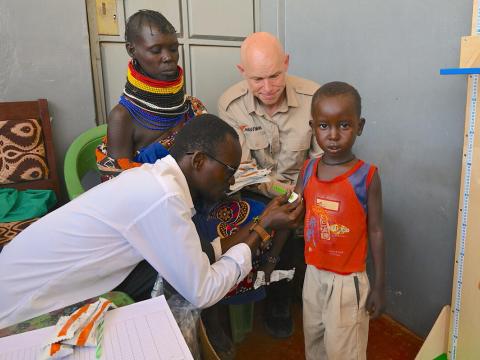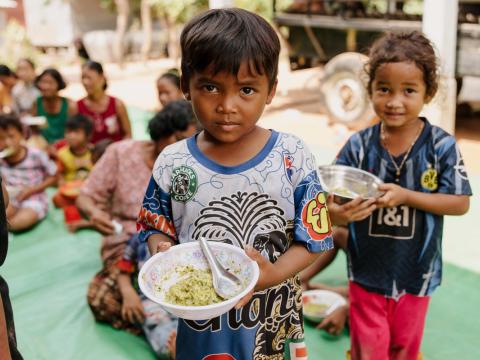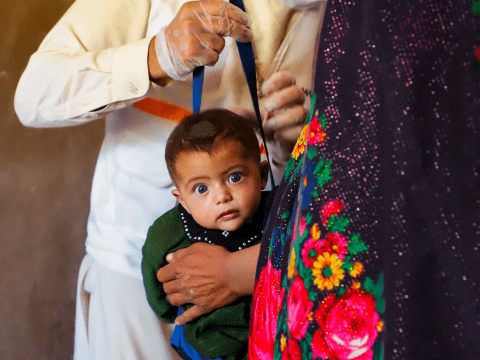
The cold reality facing Afghanistan's hungry, malnourished children
(Join the launch of World Vision's new global campaign to end child hunger and malnutrition 'ENOUGH' on Wednesday 20 September at 6pm E.T. CLICK HERE)
The new National Director of World Vision Afghanistan warns that today's investment decisions by the international community will shape the future for the country's at-risk children.
A new job typically comes with a range of emotions: hopes, anxieties, and much to learn. This is especially true for me, having just arrived in Herat to lead World Vision Afghanistan.
World Vision works to empower children living with the effects of poverty and injustice to enjoy fulness of life. Frankly, fulness of life seems elusive for many, if not most, in Afghanistan today. Over 29.2 million Afghans will require humanitarian assistance in 2023. Nearly 80 percent of households are borrowing money or food, or both, with too many families falling into debt.
As resilient as the Afghan people are, around six million of Afghanistan’s population are experiencing extreme food insecurity and over three million children face acute malnutrition.
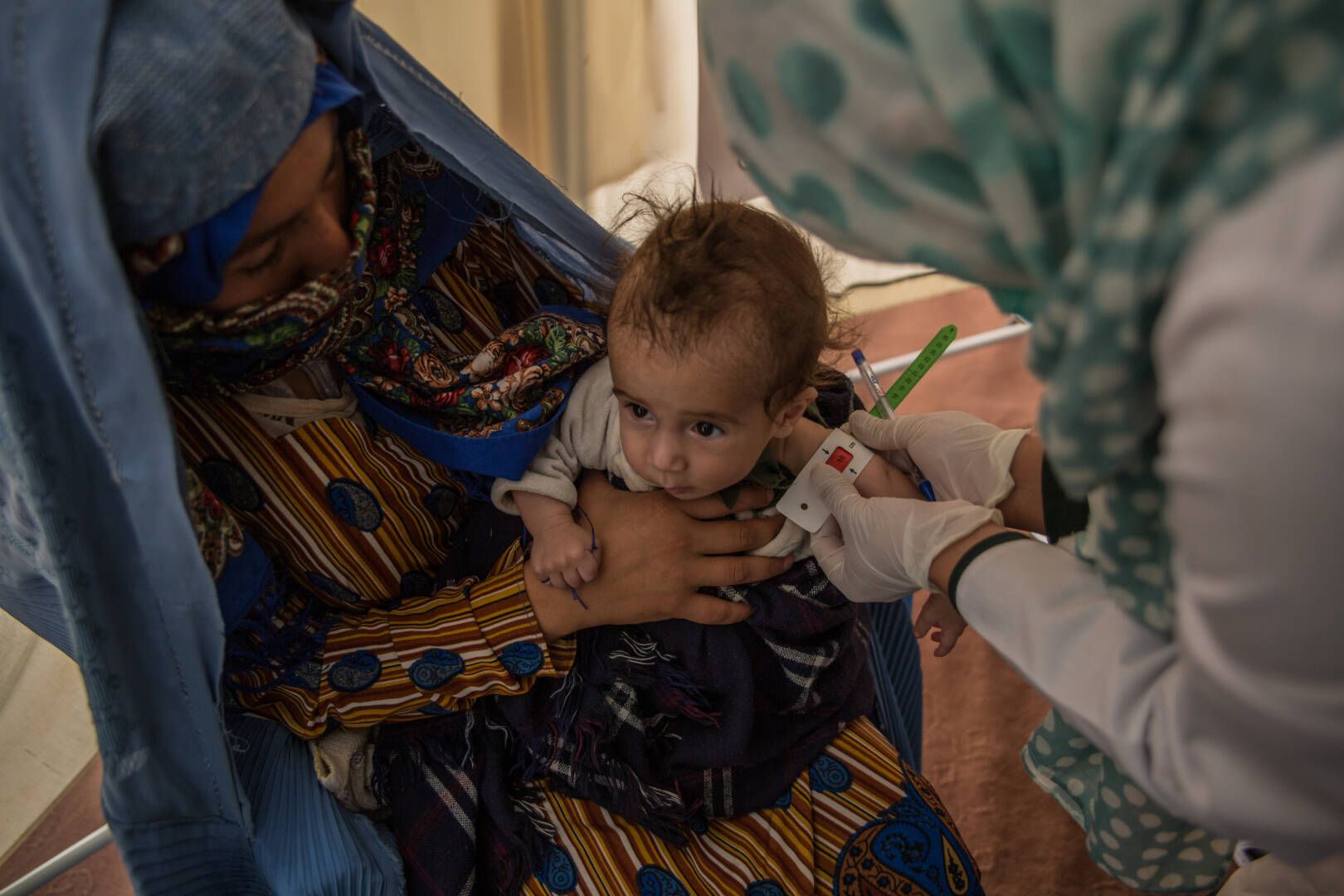
It is true that restrictions imposed on organisations seeking to relieve this humanitarian crisis are affecting the response, not least those directives limiting the role of women. As a woman leading World Vision’s work here, I have the daunting privilege of being visible, embodying the fact that women can be, and should be, fully involved in building a better future for Afghanistan. My female colleagues have been doing this here for years, against considerable odds, and they inspire me.
But even if all restrictions were removed overnight, Afghanistan faces a dangerous under-resourcing of the humanitarian effort. At the start of August, less than 25 percent of the required $3.2 billion for 2023 had been forthcoming. At the same time, economic disengagement means Afghan businesses, especially small businesses, can’t access finance, can’t invest, and can’t employ their fellow citizens. The result? Businesses failing, unemployment worsening, and more Afghans falling into humanitarian need. Witnessing this reality is even more startling than any report or article can convey.
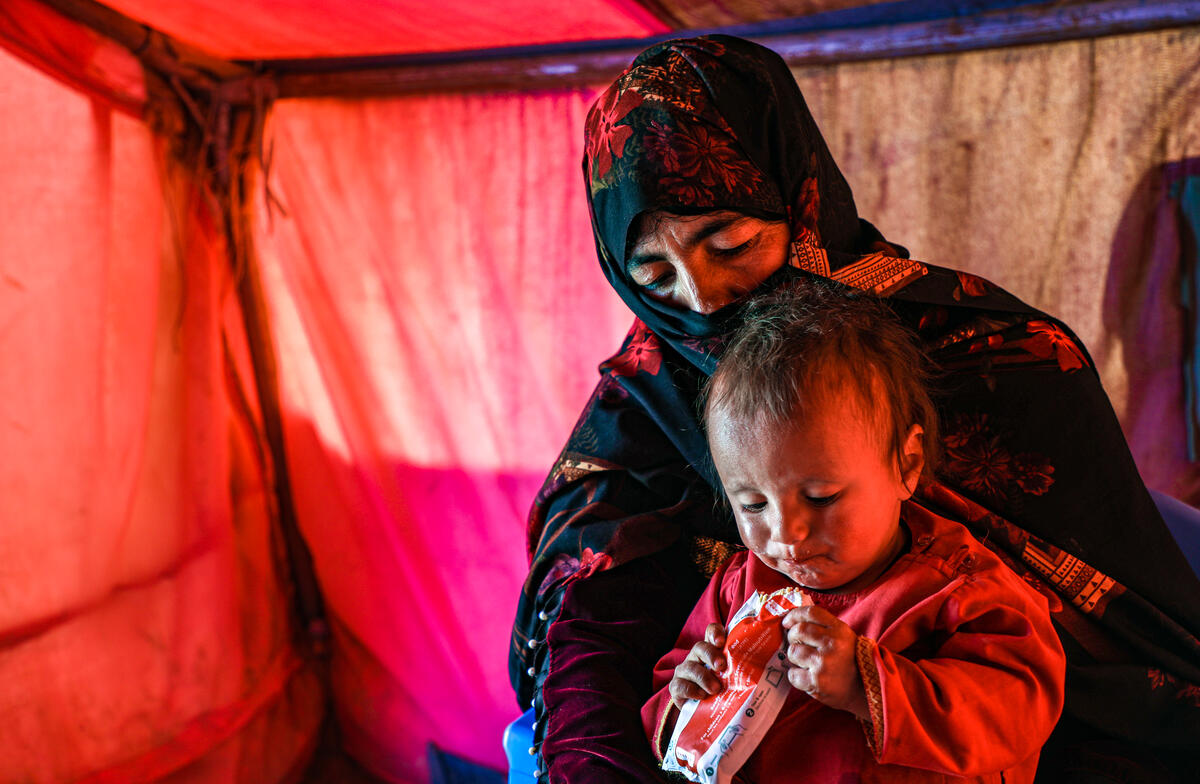
Let’s go back to fullness of life. Notwithstanding the restrictions upon NGO operations, World Vision reached over one million at-risk Afghans in the first half of this year, and over half a million children. Our work is based on a rounded view of child wellbeing, addressing drivers of child poverty, food insecurity, and vulnerability to the effects of climate change, as well as the symptoms. Our mobile health teams, for instance, save lives today by making health care available in remote areas of rural Afghanistan; but equally, our work to promote nutritious gardening and farming enhances mental and physical wellbeing, creates livelihoods including for women, and reduces the need for emergency healthcare. So it too saves lives. It too is essential.
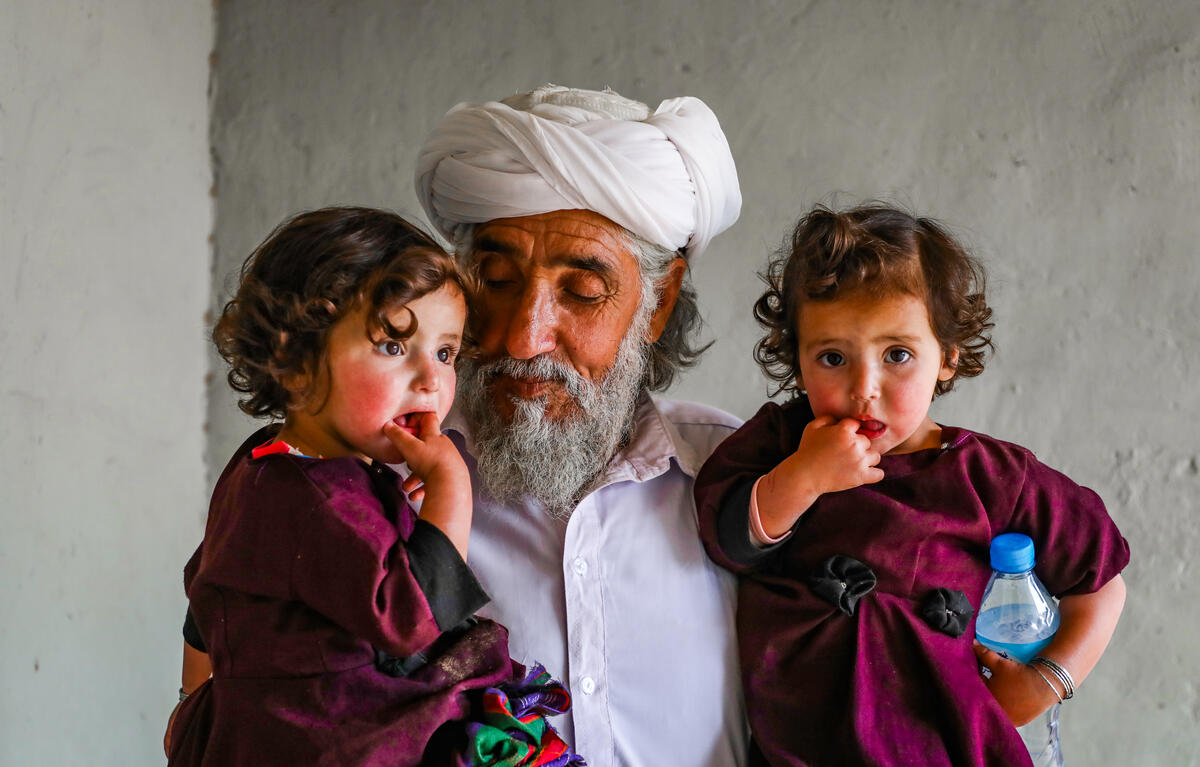
This kind of holism is needed from donor governments. While the gap between available humanitarian resources and needs is growing rapidly, a concerted effort on the part of the international community to address long-term structural problems is needed – and it is needed now as the upcoming winter will bring its own set of challenges. Afghans most at risk must, above all, be able to meet their need for a secure source of food. International governments are wrestling with what kind of engagement they should pursue with Afghanistan’s de facto authorities: but the most at-risk Afghans cannot wait until those questions are answered once and for all. Funding of basic needs and a reinvigoration of the Afghan economy is required urgently.
We will look back on the international community’s decisions made during the remaining months of 2023 as decisive in shaping the future of Afghanistan’s most at-risk children.
Learn more about World Vision's work in Afghanistan click here
Thamindri De Silva is World Vision's new National Director in Afghanistan. She is an experienced non-profit leader with a portfolio of international experience overseeing humanitarian and development programme management for international charity/NGO/non-profit organisations including Merrill J. Fernando Charitable Foundation, World Vision, and Save the Children.
